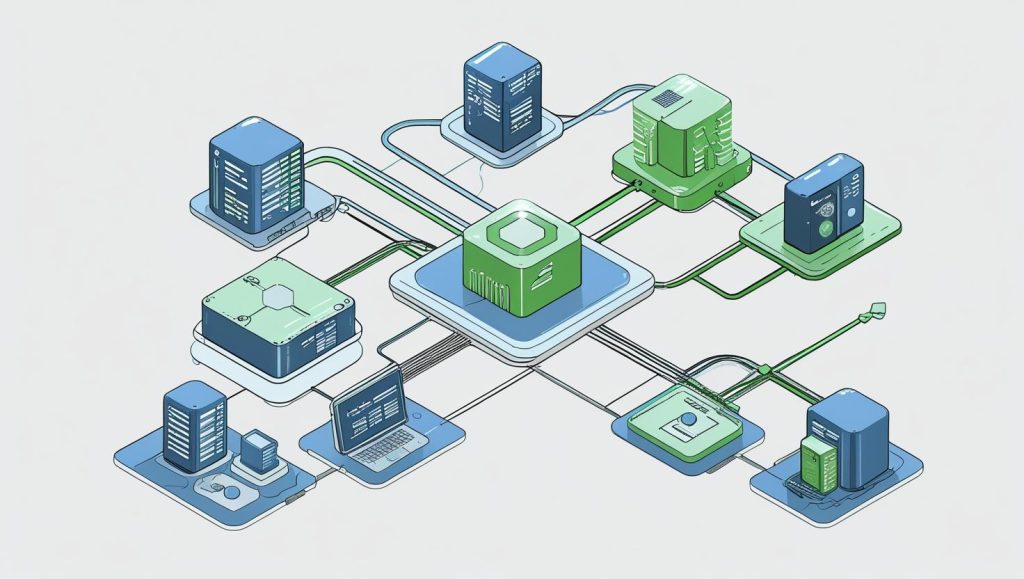engineer vs developer
Take a closer look at the article title and consider using the terms “engineer” or “developer.” This isn’t about starting a debate over terminology, although “engineering” often carries a sense of prestige and can even imply a certain social status. It might be surprising, but it’s true!
Let’s explore the role of backend work in theatre. Traditionally, stage performances and dialogue delivery are supported by a prompter, who provides cues for the actors. A prompter is typically someone who is positioned behind the stage with a copy of the script, ready to give the actors their lines when needed. This seemingly magical task is performed by someone working behind the scenes, which is why it is considered backend work.

A 19th-century prompter at work. Source: Wikipedia
A prompter Vs backend developer?
There is an amazing similarity between the work of a modern-day backend developer. A prompter has to coordinate with ongoing stage performance and its performer, which is not random but rather well scripted.
Modern-day software backend developers also work as a base and it has a stage presence which is a frontend developer work. Indeed, there is are contract between both sides of the task like a scripted stage performance.
I have attempted to create a hypothetical relationship between two worlds to better understand the perspective of a backend engineer.
Performing at this stage requires good synchronization and a predefined contract between the parties involved. A backend-focused software developer must understand end-to-end ecosystems to create effective software and establish and maintain a mutual architectural contract.
The obvious question is where to start. We can start from the beginning. Let us examine the picture below and try to relate it to modern-day software writing experiences.
To reach the coal pit, what do we need? Many steps to produce fine coal. Similarly, fine-tuned-backed software writing needs to start from the beginning. Progress step by step and adapt on the go. A tunnel in the coal mine could be leather or safe based on the assessment and physical implementation of the pathway. Indeed, a backend engineer also lays down the foundation of a piece of software with proper engineering decisions and cautions.
Practically, a software engineer uses his brain and rationale based on his learning and experience. Reasoning and producing logical implementation has mathematics at its core. Book of Algebra by Al-Khwārizmī looks like below which could be a good starting point.

Its translation is somewhat similar to the one below by Fredrick Rosen.

A page from The Algebra of Al-Khwarizmi by Fredrick Rosen, in English. Source: Wikipedia
The point I want to make is the importance of the study of mathematics at least the basics of it. We can start discussions do we need this? Someone may comment I will ask LLM to do so. Someone may say I will choose a popular framework and write based on it.
I would rather go with the old-fashioned way. This article’s readers may consider it a writer’s bias about mathematics. But, it’s important for the reasoning power of a backend engineer. A good starting point could be Linear Algebra. It’s not, rather mandatory.
A piece of software will run on a physical machine or hardware. Therefore understanding how hardware works and running the code produced by the developer is necessary. It is possible to start by understanding electromagnetism or the basics of it a least. Maybe watching Genesis of the Transistor could be a good start.
We are all set to build a story that emphasizes the importance of digging deeper to establish our foundations as engineers. From this point, we can follow the path laid out by others. Additionally, we can create our roadmap while developing our skills as backend software developers, much like a stage prompter guiding a performance.

